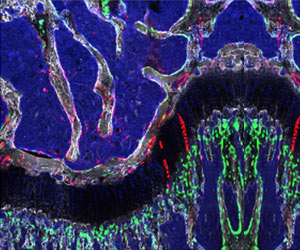People with a mild TBI had a greater recall in a word memorization task after they had slept compared to those who were kept awake for the same period.

Twenty-six young adults aged 18 to 22 years with a history of diagnosed TBI an average three to four years earlier from various causes, and 30 others with no history of brain injury were part of the study. The researchers found that individuals who had sustained a mild TBI more than a year ago had greater recall in a word memorization task after they had slept than when tested after an equal period awake.
Specifically, data from study participants who had a concussion more than one year before had differences in sleep as measured by polysomnography, a montage of recordings used to stage sleep. The study found that they spent a significantly greater part of the night in deep, slow-wave sleep, a sleep stage where memories are replayed and consolidated to long-term storage, and their memory and recall ability was not significantly different than the study subjects who had no TBI.
The study authors said, "Overall, sleep composition is altered following TBI but such deficits do not yield insufficiencies in sleep-dependent memory consolidation."
The study is published online in Frontier in Human Neuroscience.
Source-IANS
 MEDINDIA
MEDINDIA




 Email
Email










